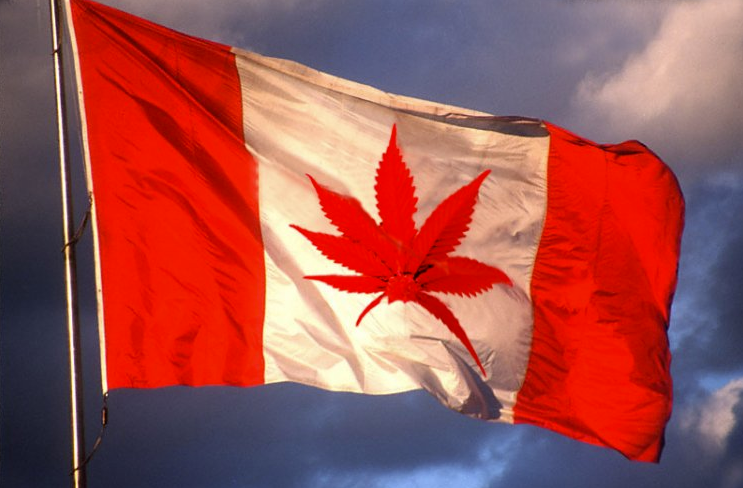Canada is poised to legalize Marijuana for Adult-use
- Seniors MMJ Network
- Oct 25, 2015
- 3 min read

Canada aims to become the second country to fully legalize and regulate Marijuana for adult-use. Canada has been permitting medical marijuana use for qualifying conditions since 2001. Already, there is a well established framework of MMJ businesses in Canada, it's possible to have MMJ costs covered by insurance, but this is a major step forward. This change comes on the heels of an upset election victory by Justin Trudeau, of the Liberal party. Similar to the US, Marijuana reform was a hot topic amongst the candidates. As part of the campaign promises, legalization of Marijuana was on the "to do" list of the Liberal party. Below is their position statement during the campaign -
"We will legalize, regulate, and restrict access to marijuana.
Canada’s current system of marijuana prohibition does not work. It does not prevent young people from using marijuana and too many Canadians end up with criminal records for possessing small amounts of the drug.
Arresting and prosecuting these offenses is expensive for our criminal justice system. It traps too many Canadians in the criminal justice system for minor, non-violent offenses.
At the same time, the proceeds from the illegal drug trade support organized crime and greater threats to public safety, like human trafficking and hard drugs.
To ensure that we keep marijuana out of the hands of children, and the profits out of the hands of criminals, we will legalize, regulate, and restrict access to marijuana.
We will remove marijuana consumption and incidental possession from the Criminal Code, and create new, stronger laws to punish more severely those who provide it to minors, those who operate a motor vehicle while under its influence, and those who sell it outside of the new regulatory framework.
We will create a federal/provincial/territorial task force, and with input from experts in public health, substance abuse, and law enforcement, will design a new system of strict marijuana sales and distribution, with appropriate federal and provincial excise taxes applied."
Legalizing the drug will divert law enforcement resources to more pressing matters, such as investigating violent, exploitative crimes and growing cyberfraud. It will also raise tax revenue to invest in infrastructure instead of that money going directly to illegal organizations. This is a positive move for Seniors who currently lack reasonable access to MMJ.
But how soon is soon? Trudeau recently said he'd begin work to legalize marijuana in Canada "right away" if elected, but declined to specify a timeline for implementation. His campaign told CBC News that it was looking to Colorado as a potential model. Trudeau has laid down a clear set of intentions and despite the lack of a timeline, stock shares in Canadian Marijuana companies soared in value on the election news. Canada is about to invest heavily in institutionalizing this blossoming industry and many people are clamoring to be a part of it.

Canada is our "neighbor to the north", which makes one wonder, how will this effect the US policy? With support for both Medical and Adult-use Marijuana reform at record highs, and more ballot measures to legalize Adult-use at the state level, it will be interesting to see how the Federal attitude adapts. If anything, it will surely get greater attention in the 2016 elections.

The first country to legalize and regulate Marijuana was Uruguay. The marijuana legalization proposal was put forward by President José Mujica in June 2012 as part of a comprehensive package aimed at fighting crime and public insecurity. In 2014, it was approved by Urugauy's parliament. The Uruguayan bill allows for four forms of access to marijuana: medical marijuana through the Ministry of Public Health, domestic cultivation of 6 plants, membership clubs similar to those found in Spain, and licensed sales in pharmacies. It also prohibits sales to minors, driving under the influence, and all forms of advertising.




































Comments